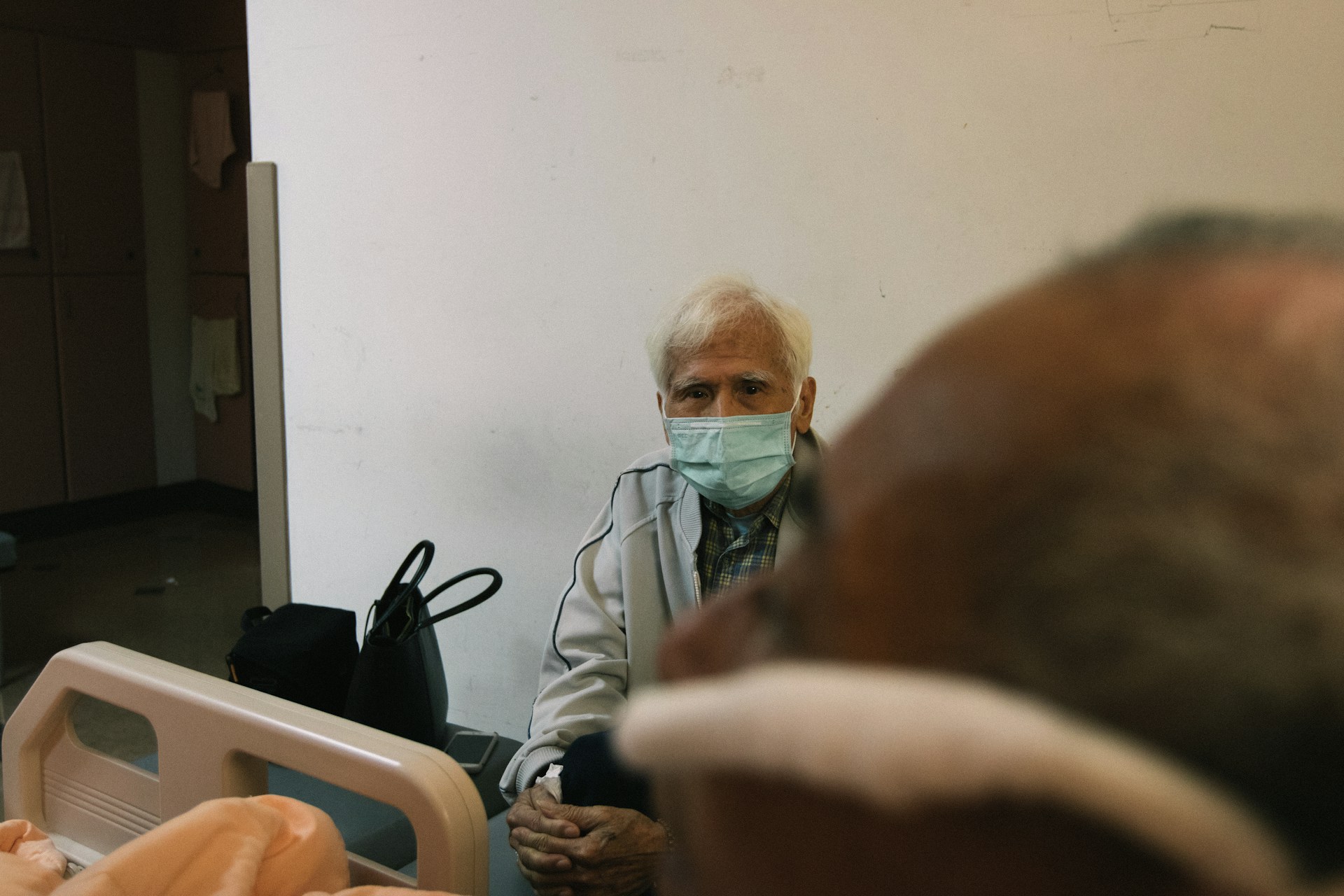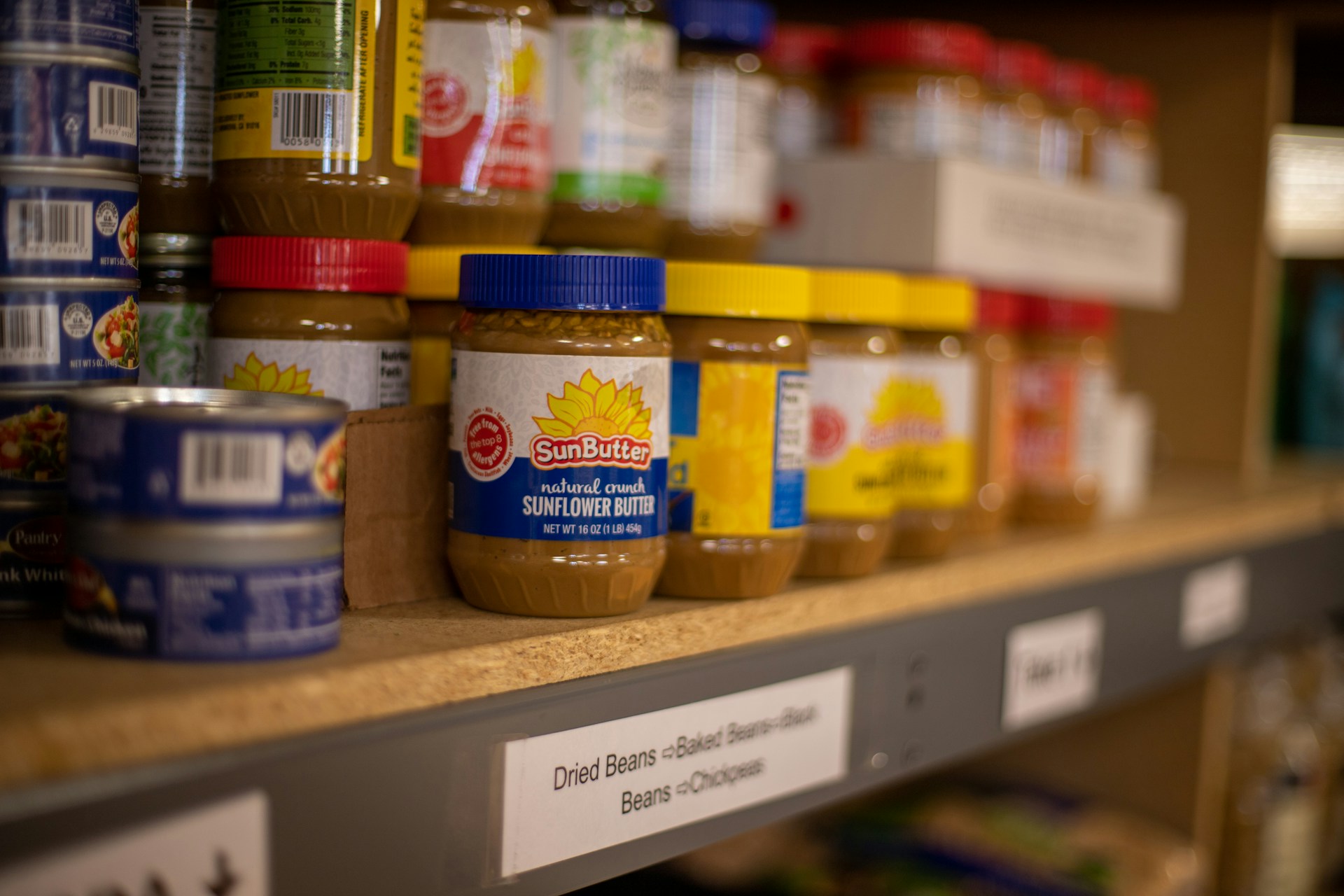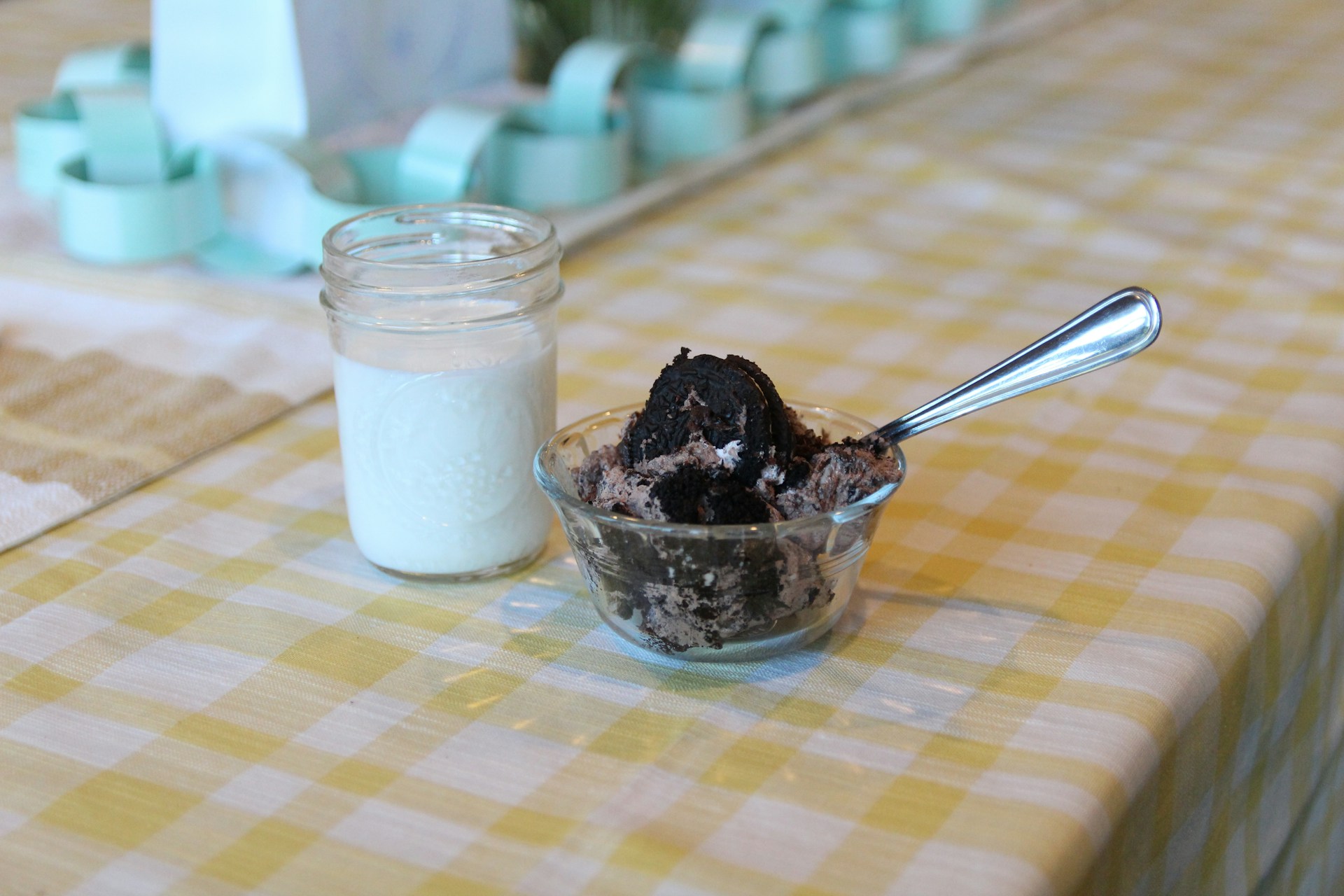Pengaruh Konsumsi Buah jeruk (Citrus reticulata) dan Suplementasi Zinc terhadap Kadar Glukosa Darah Puasa pada Wanita Diabetes Melitus Tipe 2
Downloads
Background: Patients with Diabetes Mellitus (DM) Type 2 are at risk of micronutrient loss related to metabolic diseases, one of them is zinc. It plays an important role since it affects the function of pancreatic cell β, insulin activities, glucose homeostasis and pathogenesis of DM. Low zinc levels are associated with higher complications of DM. One of the nutrients that helps absorbing zinc is organic acids such as citric acid and ascorbic acid contained in citrus fruits.
Objective: to analyze the effect of citrus fruits (Citrus reticulata) and zinc supplements consumption on fasting blood glucose in women with DM Type 2.
Method: This study was an experimental study using pretest and posttest method with control group. The subjects were 30 people with DM Type 2 in Prolanis club in three Puskesmas in Surabaya who had been selected using consecutive sampling, and divided into 2 groups, namely the treatment group that consumed 200 g of orange and 20 mg of zinc supplement per day and the control group that consumed only 20 mg zinc per day. Citrus fruits and zinc supplements were consumed daily for four weeks. Fasting blood glucose was analyzed using automatic chemistry analyzer. Data analysis included univariate analysis with Shapiro-Wilk and bivariate analysis with Independent t-test, Mann-Whitney and Paired t-test
Results: Fasting blood glucose in the subjects consuming citrus fruits and zinc supplements was decreased by 16.67 mg/dl (from 155.87 mg/dl to 139.20 mg/dl) (p = 0.121), while the group with zinc consumption was decreased by 9.85 mg/dl (from 140.93 mg/dl to 131.13 mg/dl) (p = 0.095). The decrease in fasting blood glucose in both groups was not statistically significant.
Conclusion: Consumption of citrus fruits and zinc supplements did not significantly reduce fasting blood glucose in women with DM Type 2. Further research is needed with a longer period of intervention to better reflect the changes in zinc metabolism related to blood glucose control.
ABSTRAK
Latar Belakang : Pasien Diabetes Mellitus (DM) Tipe 2 beresiko kehilangan zat gizi mikro terkait metabolik penyakitnya, salah satunya adalah zinc. Zinc berperan penting karena mempengaruhi fungsi sel β pankreas, aktifitas insulin, homeostasis glukosa dan patogenesis DM. Kadar zinc yang rendah terkait dengan komplikasi DM yang lebih tinggi. Salah satu zat gizi yang membantu penyerapan zinc adalah asam organik seperti asam sitrat dan asam askorbat yang terkandung dalam buah jeruk.
Tujuan : Menganalisa pengaruh konsumsi buah jeruk (Citrus reticulata) dan suplementasi zinc terhadap kadar gula darah puasa wanita DM tipe 2.
Metode : Rancangan berupa quasi eksperimental dengan metode pretest and posttest with control group. Jumlah subjek 30 orang wanita DM tipe 2 anggota klub Prolanis di 3 Puskesmas di Kota Surabaya yang dipilih secara consecutive sampling, terbagi dalam 2 kelompok yaitu kelompok perlakuan yang mengkonsumsi 200 gram jeruk dan suplementasi zinc 20 mg/hari serta kelompok kontrol hanya mengkonsumsi zinc 20 mg/hari. Intervensi dilakukan 4 minggu. Gula darah puasa dianalisa menggunakan automatic chemistry analizer. Analisis data meliputi univariat dengan Shapiro-Wilk, analisa bivariat meliputi Independent t-test dan Mann-Whitney.
Hasil : Meskipun rata-rata penurunan gula darah puasa sebesar 16,67 mg/dl pada subjek yang mengkonsumsi jeruk dan suplementasi zinc (p=0,121), namun tidak signifikan secara statistik.
Kesimpulan : Konsumsi buah jeruk dan suplementasi zinc tidak signifikan menurunkan gula darah puasa wanita DM Tipe 2. Diperlukan penelitian lanjutan dengan jangka waktu intervensi yang lebih lama.
IDF. Eighth edition 2017. International Diabetes Federation. IDF Diabetes Atlas, 8th edn. Brussels, Belgium: International Diabetes Federation, 2017. http://www.diabetesatlas.org (2017). doi:http://dx.doi. org/10.1016/S0140-6736(16)31679-8.
Kemenkes RI. Riskesdas 2018. Development 1–220 (2018).
Chan, M. Global report on diabetes. World Heal. Organ. 58, 1–88 (2014).
Care, M. Standards of Medical Care in Diabetes--2008. Diabetes Care 31, S12–S54 (2008).
Ranasinghe, P., Pigera, S., Galappatthy, P., Katulanda, P. & Constantine, G. R. Zinc and diabetes mellitus: Understanding molecular mechanisms and clinical implications. DARU, J. Pharm. Sci. 23, 1–13 (2015).
Giacconi, R. et al. Implications of impaired zinc homeostasis in diabetic cardiomyopathy and nephropathy. BioFactors 43, 770–784 (2017).
Fernández-Cao, J. C. et al. Dietary zinc intake and whole blood zinc concentration in subjects with type 2 diabetes versus healthy subjects: A systematic review, meta-analysis and meta-regression. J. Trace Elem. Med. Biol. 49, 241–251 (2018).
Luo, Y. Y. et al. Relationship between serum zinc level and microvascular complications in patients with type 2 diabetes. Chin. Med. J. (Engl). 128, 3276–3282 (2015).
Wu, H., Wang, L. & Introduction, I. and „ TiO 2 ... n „ n 5 1 – 4 .... 107, 8221–8228 (1997).
Silva, E. O. & Bracarense, A. P. F. R. L. Phytic Acid: From Antinutritional to Multiple Protection Factor of Organic Systems. J. Food Sci. 81, R1357–R1362 (2016).
C., M., J.M., P., K.H., B. & B., L. Effect of a micronutrient fortificant mixture and 2 amounts of calcium on iron and zinc absorption from a processed food supplement. Am. J. Clin. Nutr. 79, 244–250 (2004).
Yilmaz, E., Batislam, E., Basar, M., Tuglu, D. & Erguder, I. Citrate Levels in Fresh Tomato Juice: A Possible Dietary Alternative to Traditional Citrate Supplementation in Stone-Forming Patients. Urology 71, 379–383 (2008).
Aruoma, O. I. et al. Functional benefits of citrus fruits in the management of diabetes. Prev. Med. (Baltim). 54, S12–S16 (2012).
Jayaraman, R., Subramani, S., Sheik Abdullah, S. H. & Udaiyar, M. Antihyperglycemic effect of hesperetin, a citrus flavonoid, extenuates hyperglycemia and exploring the potential role in antioxidant and antihyperlidemic in streptozotocin-induced diabetic rats. Biomed. Pharmacother. 97, 98–106 (2018).
Liu, Y., Dong, M., Yang, Z. & Pan, S. Anti-diabetic effect of citrus pectin in diabetic rats and potential mechanism via PI3K/Akt signaling pathway. Int. J. Biol. Macromol. 89, 484–488 (2016).
JR, H., JM, B. & LK, J. Adaptation in human zinc absorption as influenced by dietary zinc and bioavailability. Am. J. Clin. Nutr. 87, 1336–1345 (2008).
Tran, C. D., Miller, L. V., Krebs, N. F., Lei, S. & Hambidge, K. M. Zinc absorption as a function of the dose of zinc sulfate in aqueous solution. Am. J. Clin. Nutr. 80, 1570–1573 (2004).
PERKENI. Pengolahan dan Pencegahan Diabetes Melitus Tipe 2 Di Indonesia 2015. (2015). doi:10.1017/CBO9781107415324.004
Manna, P. & Jain, S. K. Obesity, Oxidative Stress, Adipose Tissue Dysfunction, and the Associated Health Risks: Causes and Therapeutic Strategies. Metab. Syndr. Relat. Disord. 13, 423–444 (2015).
RADEN RORO DEWI NGAISYAH. Hubungan Asupan Kromium Dengan Tingkat Gula Darah Pada Anggota Persadia Samarinda Tahun 2010 Tesis Raden Roro Dewi Ngaisyah Fakultas Kesehatan Masyarakat Depok. Fak. Kesehat. Masy. Progr. Stud. Ilmu Kesehat. Masy. (2010).
Accepted article. J. Subst. Abuse Treat. (2003). doi:10.1016/s0740-5472(96)90021-5
Jayawardena, R. et al. Effects of zinc supplementation on diabetes mellitus: A systematic review and meta-analysis. Diabetol. Metab. Syndr. 4, (2012).
Kartika, N., Rachmawati, B. & Johan, A. PENGARUH PEMBERIAN Zn TERHADAP KADAR GLUKOSA DARAH DAN KADAR SUPEROKSIDA DISMUTASE PADA TIKUS WISTAR YANG DIINDUKSI STREPTOZOTOCIN. J. Kesehat. 9, 61 (2017).
Gunasekara, P., Hettiarachchi, M., Liyanage, C. & Lekamwasam, S. Effects of zinc and multimineral vitamin supplementation on glycemic and lipid control in adult diabetes. Diabetes, Metab. Syndr. Obes. Targets Ther. 4, 53–60 (2011).
Pirogov, V. A., Reizin, E. S. & Tartakovskii, B. D. Matching Layers for Electroacoustic Receiving Transducers. Sov Phys Acoust 19, 478–481 (1974).
Jansen, J., Karges, W. & Rink, L. Zinc and diabetes - clinical links and molecular mechanisms. J. Nutr. Biochem. 20, 399–417 (2009).
Pires, L. V., de Carvalho, G. B., Brandí£o-Lima, P. N., Maia, C. S. C. & Barbosa, K. B. F. Zinc's role in the glycemic control of patients with type 2 diabetes: a systematic review. BioMetals 30, 151–162 (2017).
Lo, B. Zinc and Health : Current Status and Future Directions Dietary Factors Influencing Zinc Absorption 1. 1378–1383 (2000).
Dakhale, G. N., Chaudhari, H. V & Shrivastava, M. Supplementation of Vitamin C Reduces Blood Glucose and Improves Glycosylated Hemoglobin in Type 2 Diabetes Mellitus : A Randomized , Double-Blind Study. 2011, (2011).
AMERTA NUTR by Unair is licensed under a Creative Commons Attribution-ShareAlike 4.0 International License.
1. The journal allows the author to hold the copyright of the article without restrictions.
2. The journal allows the author(s) to retain publishing rights without restrictions
3. The legal formal aspect of journal publication accessibility refers to Creative Commons Attribution Share-Alike (CC BY-SA).
4. The Creative Commons Attribution Share-Alike (CC BY-SA) license allows re-distribution and re-use of a licensed work on the conditions that the creator is appropriately credited and that any derivative work is made available under "the same, similar or a compatible license”. Other than the conditions mentioned above, the editorial board is not responsible for copyright violation.












































